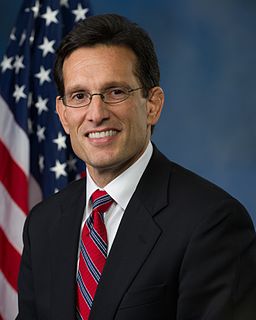A Quote by Om Malik
The early entrants into the world of A.R., as with its cousin virtual reality, were disappointing: the phones were too weak, the networks were too slow, and the applications were too nerdy. But now the technological pieces are in place, and a whole generation - much of which is on Snapchat - has come to consider the camera almost a third arm.
Related Quotes
I came from a tradition where souls were a theological reality, not a faith reality. Souls were for saving, not for communing. Souls were for converting and, once they were converted, they were to be left alone. Souls were too mystical, too subjective, too ambiguous, too risky, too... well, you know - New Age-ish.
I went to department stores, and there was nothing that I really loved. All the shoes were too complicated, too crazy, too ridiculous, too extreme. The platforms were so high; the shoes were so ugly, covered in crystals and feathers and crap. I just thought, 'Maybe somebody wants a beautifully simple, sexy shoe that they can actually walk in.'
My film isn't about Vietnam. It is Vietnam. It's what it was really like. It was crazy. And the way we made it was very much like the way the Americans were in Vietnam. We were in the jungle, there were too many of us, we had access to too much money, too much equipment and little by little we went insane.
I've had a chance to meet some of my civil rights heroes and, more recently, members of the young generation around [Barack] Obama, people in their teens and twenties who were determined to make history and who were too idealistic to think that what they were trying to do might be impossible. They proved that visionary pragmatism can win over the majority. That comes from a particular place in your heart that generation Y is offering America. They just can't afford to be naive now, in terms of the ferocity of the opposition.
There is not a hint of one person who was afraid to draw near him [Jesus]. There were those who mocked him. There were those who were envious of him. There were those who misunderstood him. There were those who revered him. But there was not one person who considered him too holy, too divine, or too celestial to touch. There was not one person who was reluctant to approach him for fear of being rejected.
In the last quarter of the 20th century, Britons have been understandably obsessed with the problem of having too little power in the world. In the third quarter of the 18th century, by contrast, their forebears were perplexed by the problem of having acquired too much power too quickly over too many people.
This planet has - or rather had - a problem, which was this: most of the people living on it were unhappy for pretty much of the time. Many solutions were suggested for this problem, but most of these were largely concerned with the movement of small green pieces of paper, which was odd because on the whole it wasn't the small green pieces of paper that were unhappy.





































